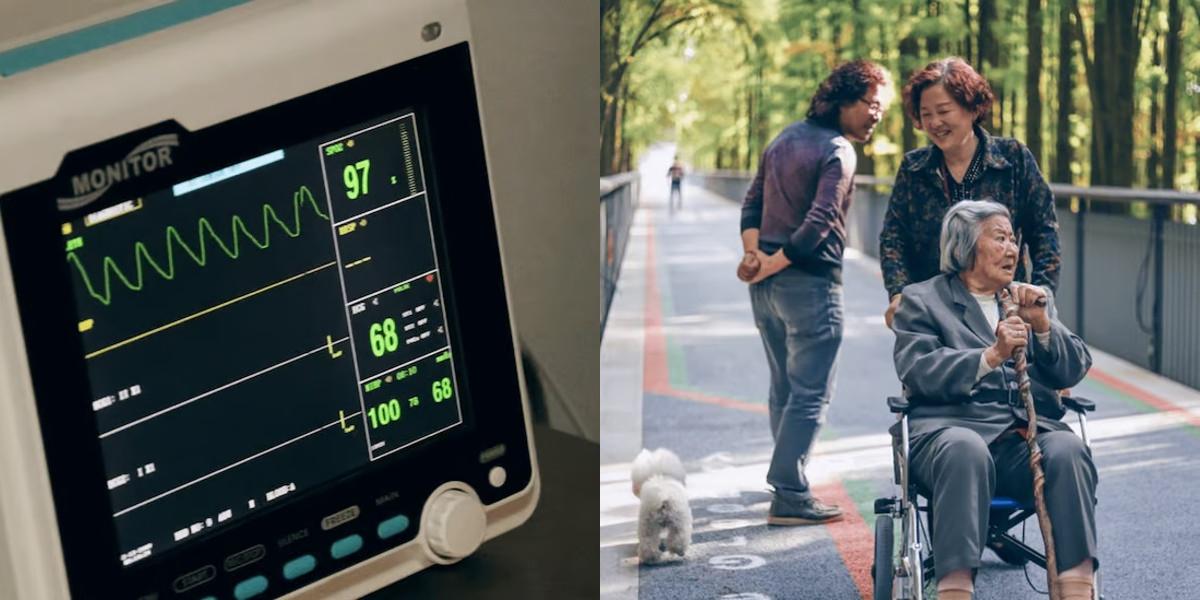EKG vs Home Health Aide

Key Points:
- EKG Technicians perform heart tests, while Home Health Aides provide personal care and support to patients in their homes.
- EKG Technicians typically earn higher salaries than Home Health Aides.
- Both jobs are in demand.
- EKG Technicians require formal training and certification, while Home Health Aides may receive on-the-job training or complete a short certificate program.
- EKG Technician training is generally more expensive and takes longer than the training required for Home Health Aides.
When it comes to vocational training, there are a plethora of options available for students. Two popular choices in the healthcare field are becoming an EKG technician or a home health aide. Both of these careers offer rewarding opportunities to make a positive impact on people's lives. However, they differ in terms of job duties, education requirements, and career outlook. In this blog post, we will explore the key differences between EKG technicians and home health aides to help aspiring healthcare professionals make an informed decision about their career path.
EKG Technician
To become an EKG technician, you typically need to complete a postsecondary certificate program in cardiovascular technology or a related field. These programs can range from a few weeks to several months in duration and cover topics such as:
- Anatomy and physiology of the cardiovascular system.
- Medical terminology and patient communication.
- EKG equipment operation and maintenance.
- Interpretation of EKG tracings.
- Basic life support and emergency procedures.
Some states may also require EKG technicians to obtain certification, which can be obtained through organizations such as the American Society of Phlebotomy Technicians or the Cardiovascular Credentialing International.
Home Health Aide
The educational requirements for home health aides vary by state and employer. Some employers may hire individuals with a high school diploma or equivalent and provide on-the-job training. However, completing a state-approved home health aide training program can enhance your job prospects and provide a more comprehensive understanding of the role.
These training programs cover topics such as:
- Personal care techniques and infection control.
- Client safety and emergency response.
- Communication and interpersonal skills.
- Basic medical terminology and documentation.
- Understanding clients' rights and ethical considerations.
After completing the training program, you may need to pass a competency exam or meet other state-specific requirements to work as a home health aide.
EKG vs Home Health Aide: Career Outlook and Salary
EKG Technician
According to the Bureau of Labor Statistics (BLS), the employment of cardiovascular technologists and technicians, including EKG technicians, is projected to grow 5 percent from 2019 to 2029, faster than the average for all occupations. The demand for these professionals is expected to be driven by the aging population and the increasing prevalence of cardiovascular diseases.
In terms of salary, the median annual wage for cardiovascular technologists and technicians was $59,410 as of May 2020, according to the BLS. However, it's important to note that salaries can vary depending on factors such as experience, location, and employer.
Home Health Aide
The employment of home health aides is projected to grow 34 percent from 2019 to 2029, much faster than the average for all occupations, according to the BLS. This rapid growth is attributed to the increasing demand for in-home healthcare services as the elderly population continues to rise.
In terms of salary, the median annual wage for home health aides was $27,080 as of May 2020, according to the BLS. However, it's important to note that salaries can vary depending on factors such as location, experience, and the type of employer (e.g., home healthcare agencies, individual clients).
Final Thoughts
Choosing a career path in the healthcare field can be an exciting and fulfilling decision. Both becoming an EKG technician and a home health aide offer opportunities to make a positive impact on people's lives.
If you are interested in working closely with healthcare professionals, performing diagnostic tests, and specializing in cardiovascular health, pursuing a career as an EKG technician may be the right choice for you.
On the other hand, if you enjoy providing direct care and support to individuals in the comfort of their own homes, becoming a home health aide may be the more suitable career path.
Ultimately, the choice between an EKG technician and a home health aide depends on your interests, skills, and career goals. Consider your preferences and aspirations, and explore the educational requirements and career outlook for both professions before making a decision.
Explore the reach of Dreambound's program in various locations. Dive into these blogs for an extensive look into the two vocations, including detailed information on their requirements and the process to join:

Pia Yapjoco is part of the school growth and sales team at Dreambound. She helps facilitate school partnerships that expand educational opportunities for aspiring students in allied health and other trades. Beyond work, she curates her pup's Instagram, hunts for hidden coffee gems, and escapes into cozy gaming.




